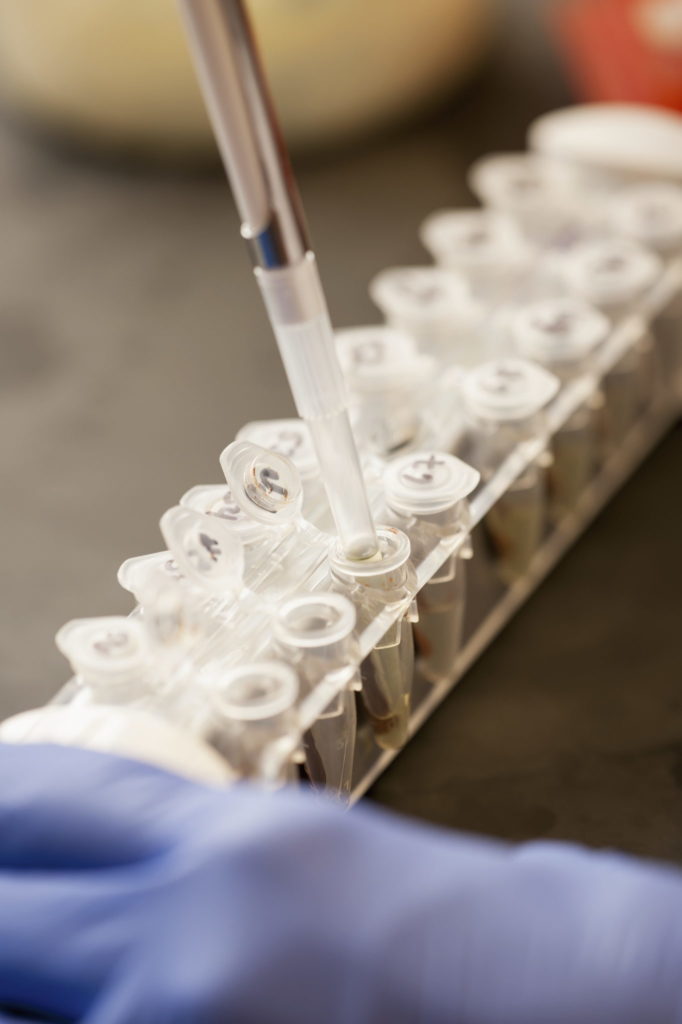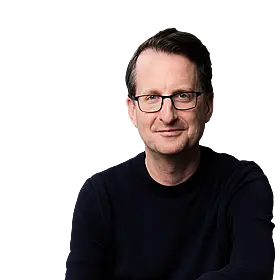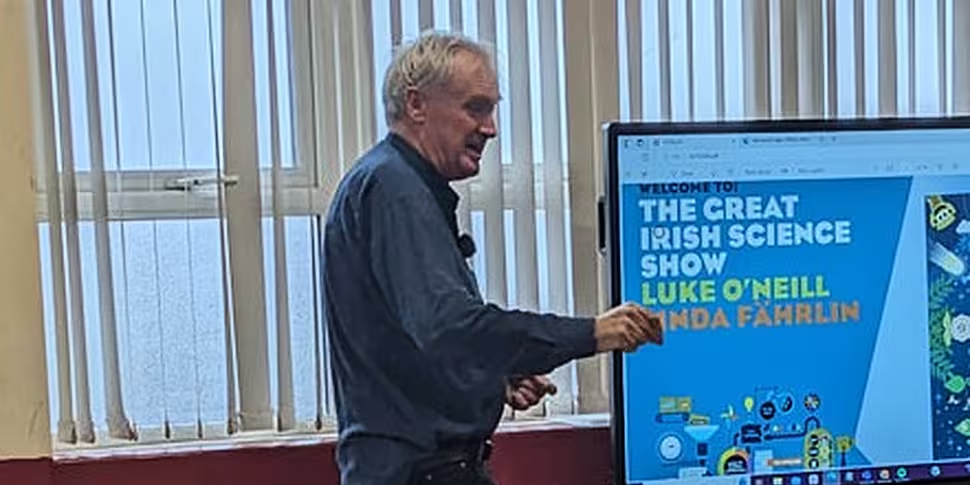Luke O'Neill is working to recruit the next generation of young Irish scientists.
The Trinity College Professor spoke to students from 4th, 5th and 6th class at the Holy Child Boys National School in Santry.
"Everybody at the age of 12 loves science and the question is how come they lose that?", Luke told The Pat Kenny Show reporter Sarah Madden.
But how did the students find it?
"He just made me laugh all the time - 10 out of 10," one student said.
Another student said it's good to have someone come in and explain things.
"I think it's a lot more engaging to have someone who is an expert in that field, who spends most of his life explaining it, rather than sitting down with a book that briefly explains a certain topic but then has to explain another 10 topics as well," he said.
"When you do have a question you often, not necessarily won't get the answer, but there may often be situations where neither you or your teacher or your fellow classmates actually know the answer.
"Not just necessarily for Science but for History, for English, Irish etc having people come in and talk about a specific thing... they'd be an expert in that field.
"Those interactive elements as well would be a lot more engaging when it comes to education," he added.
'Very much hands-on'
Sixth class teacher Helen Keane said practical work - involving saliva, pineapple and Fairy Liquid - is good for the children to see.
"I think science is one of those subjects that is very much hands-on," she said.
"It gets children to experience something like trial and error and helps them to understand that the first time they do something doesn't always have to be the final product.
"I also think our job as teachers is to prepare our students for their future and that also involves their future work.
"many jobs that they make take in the future may not be even created at the moment.
"I think through STEM learning we have an opportunity to give our students the skills that they may need".
 Scientific testing at a plant science lab, 9-5-14. Image: Remsberg Inc/Design Pics via ZUMA Wire
Scientific testing at a plant science lab, 9-5-14. Image: Remsberg Inc/Design Pics via ZUMA WireFourth class teacher Jane Friel said knowing about topics like climate change is important.
"If they understand the implications of our actions and if we can make small changes here, and they understand what those small changes are doing and they can make them throughout their life, we might be able to help in someway to stop or reduce the speed climate change is happening".
Ms Friel added that one student already wants to be "a scientist on the side" of being an author.









